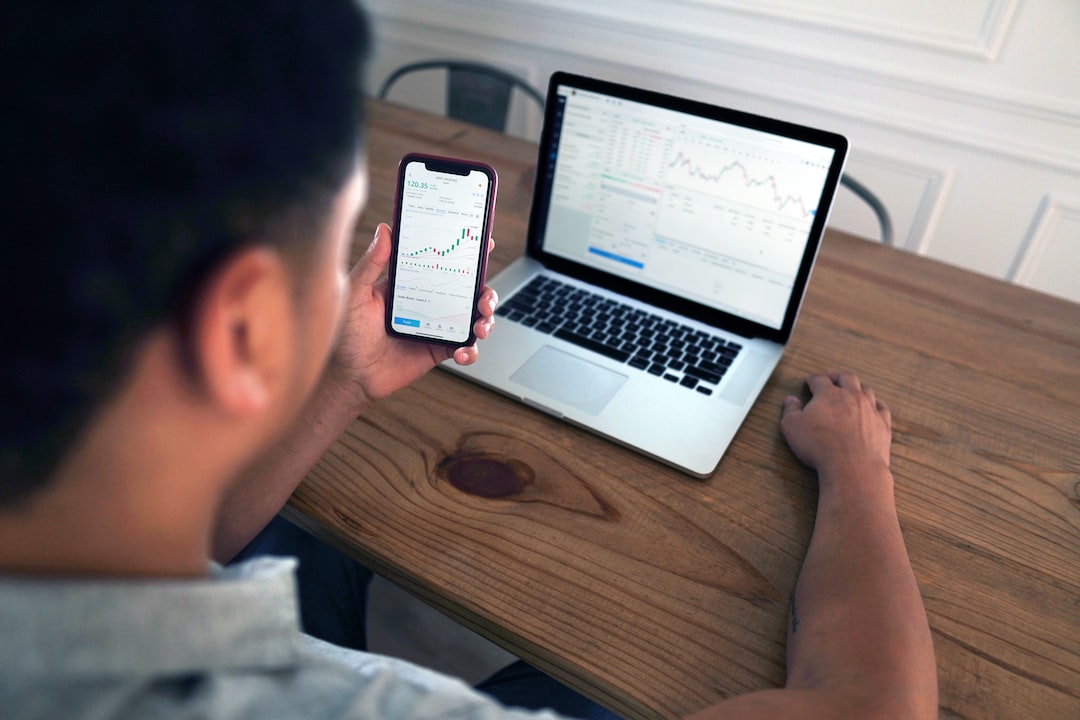The Pros and Cons of Using Brokers of Forex: Is it Worth the Investment?
Forex trading has gained significant popularity in recent years, attracting millions of individuals looking to profit from the global currency market. However, navigating the complex world of forex trading can be overwhelming, especially for beginners. This is where forex brokers come into play.
A forex broker is an intermediary that connects traders to the currency market, allowing them to buy and sell currencies. They provide traders with access to trading platforms, market analysis tools, and educational resources. But is using a forex broker worth the investment? Let’s examine the pros and cons.
Pros of Using Forex Brokers:
1. Expertise and Guidance: One of the biggest advantages of using a forex broker is the expertise and guidance they provide. Brokers are experienced professionals who understand the intricacies of the market. They offer valuable insights, market analysis, and trading recommendations, which can be invaluable for both novice and experienced traders. By leveraging their knowledge, traders can make better-informed decisions and potentially increase their profits.
2. Access to Advanced Trading Tools: Forex brokers offer advanced trading platforms that provide access to real-time market data, charts, and technical analysis tools. These tools help traders analyze market trends, identify potential trading opportunities, and execute trades quickly and efficiently. Without a broker, traders would need to invest in expensive software and data feeds, making it more challenging to stay competitive in the forex market.
3. Risk Management: Forex trading involves a certain level of risk, and managing these risks is crucial for long-term success. Forex brokers provide risk management tools such as stop-loss orders and take-profit orders, which allow traders to set predetermined levels at which their positions will be automatically closed. This helps traders limit their potential losses and protect their profits, reducing the emotional stress associated with manual monitoring.
4. Access to Leverage: Leverage is a double-edged sword in forex trading. While it amplifies potential profits, it also increases the risk of losses. Forex brokers offer leverage, allowing traders to control larger positions with a smaller initial investment. This can be advantageous for traders with limited capital, as it enables them to participate in larger trades and potentially generate higher returns. However, it’s important to exercise caution and understand the risks involved in leveraged trading.
Cons of Using Forex Brokers:
1. Costs and Fees: Forex brokers charge various fees for their services, including spreads, commissions, and overnight financing charges. Spreads are the difference between the buying and selling prices of a currency pair, while commissions are fees charged on each trade. These costs can significantly impact a trader’s profitability, especially for frequent traders. It’s essential to carefully consider the fee structure of a broker before choosing one, ensuring that it aligns with your trading strategy and goals.
2. Lack of Control: When using a forex broker, traders relinquish some control over their trades. Brokers act as intermediaries and execute trades on behalf of their clients. This means that traders are dependent on the broker’s order execution and may experience delays or slippage during times of high market volatility. Additionally, some brokers may have restrictions on certain trading strategies or impose minimum trade sizes, limiting a trader’s flexibility.
3. Potential for Fraudulent Brokers: The forex market is unregulated in many countries, making it susceptible to fraudulent brokers. It’s crucial to conduct thorough research and choose a reputable broker with a track record of reliable service and client satisfaction. Traders should look for brokers that are regulated by reputable financial authorities and offer segregated client accounts to protect their funds. Dealing with an untrustworthy broker can lead to financial losses and a negative trading experience.
In conclusion, using a forex broker has both pros and cons. While brokers provide expertise, advanced trading tools, and risk management features, they also come with costs, potential lack of control, and the risk of dealing with fraudulent entities. Whether using a broker is worth the investment depends on individual trading goals, preferences, and risk tolerance. Traders should carefully evaluate the advantages and disadvantages before selecting a broker and consider their long-term trading strategy.





